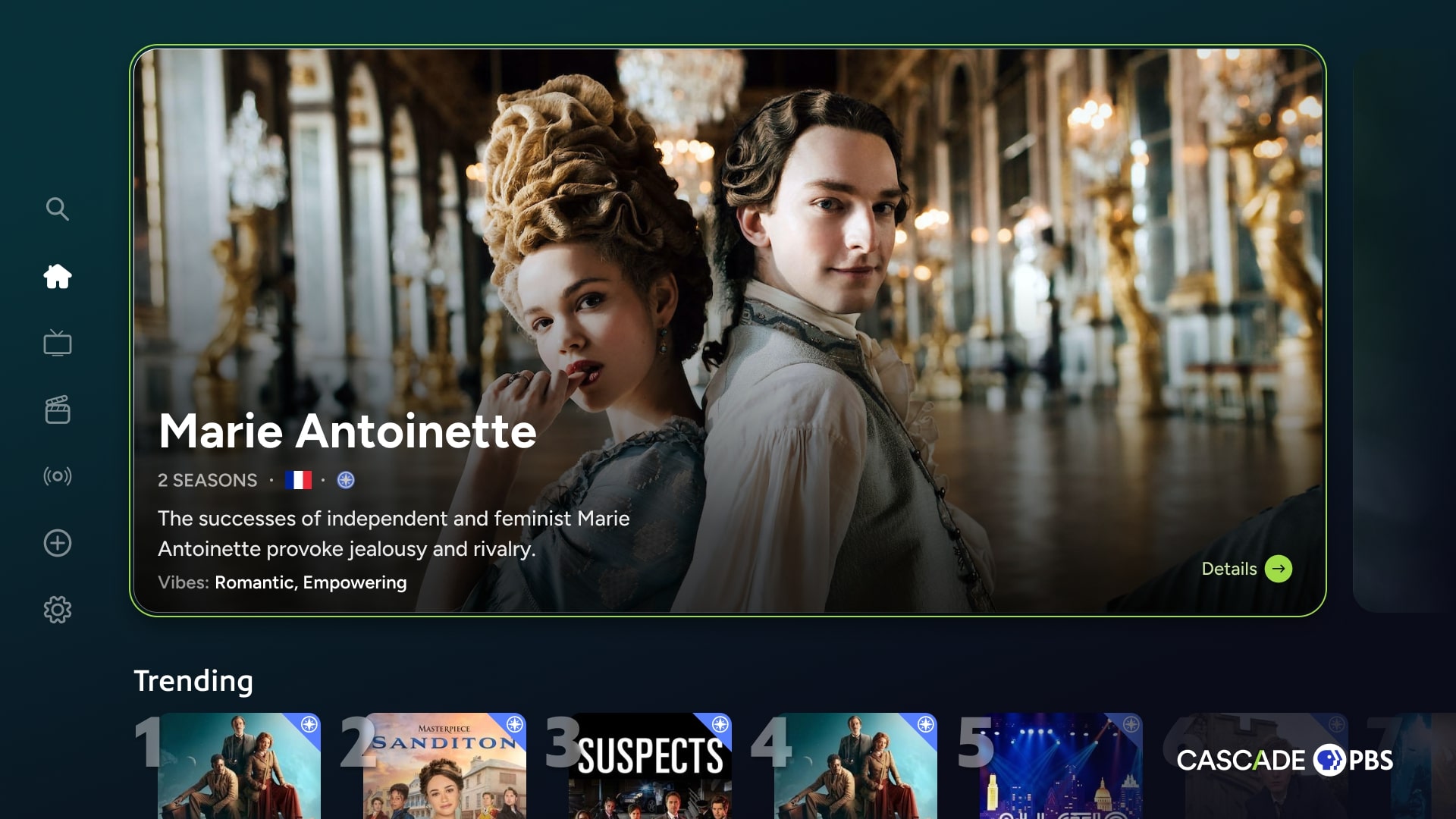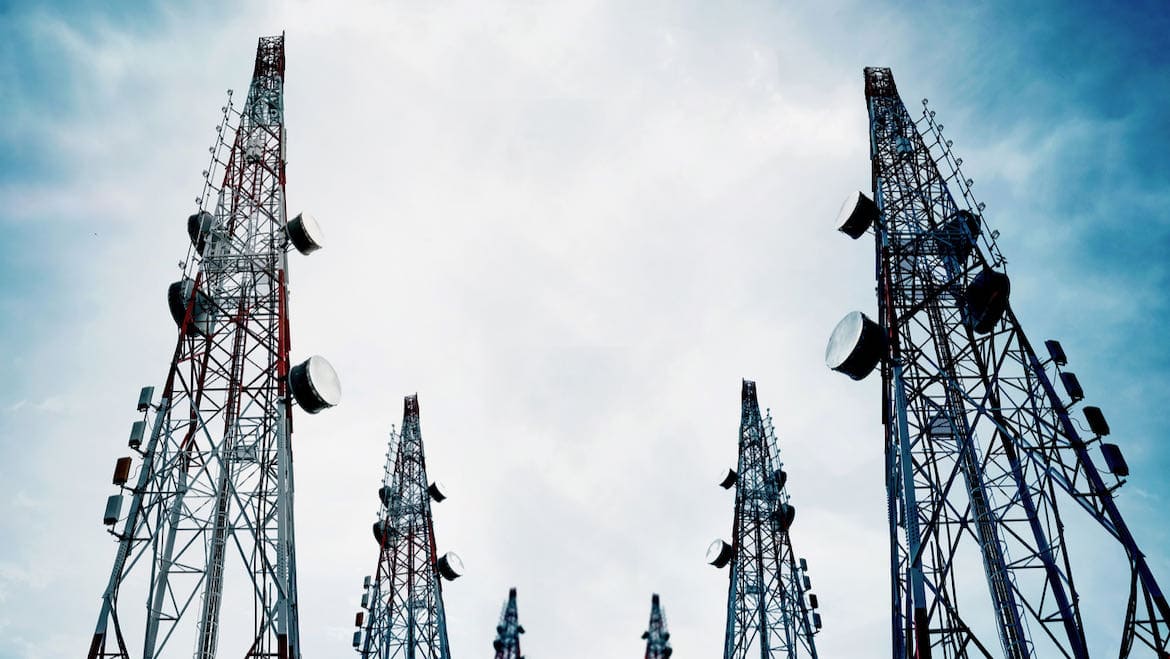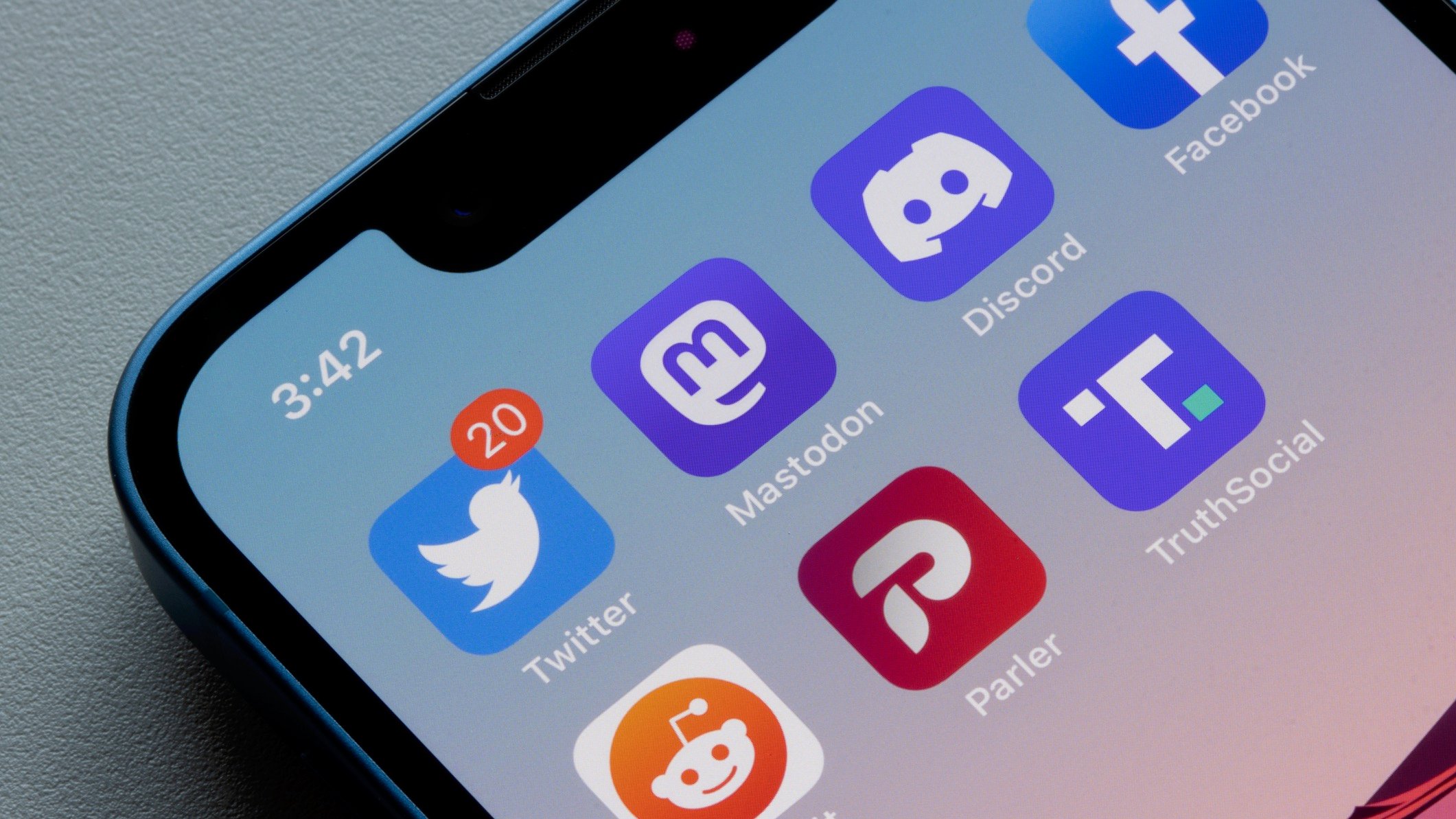Tech
Cascade Public Media app aims to deliver long-awaited upgrades to PBS streaming experience
A pilot of Cascade’s Local Streaming Initiative will introduce new tools for stations to customize the user experience for viewers and donors.KQED launches project to share digital news among California partners
The station is trying to address the "really hard problem" of how local news organizations "get more reach, get more audience, get ...How one station used AI to automate promotions and save time
"We’re at a point with technology where if there’s something you want to make or do, all you have to do now ...It’s time for public media to lead in using generative AI
As ChatGPT turns one year old, we should be exploring how to use generative AI to enhance storytelling, engage communities and streamline ...How a radio reporter let go of his gear envy and guerrilla electronic hacks
Reflections on a career that started with a “poor man’s Nagra” and a nutcracker.Public Media Venture Group receives $1 million from Knight Foundation to boost NextGen TV
PMVG will use the Knight grant to further adoption of ATSC 3.0 among public media stations and to explore how it might ...Facing closure, antenna maker Shively finds a buyer
A major supplier of FM antennas and transmission equipment to public radio stations will remain in business under new ownership.Datacasting, ATSC 3.0 create new questions for pubcasters
In a Q&A, lawyers Melodie Virtue and Brad Deutsch discuss what’s next for pubcasters experimenting with ATSC 3.0 and what questions are ...PRSS begins assessing needs for next technology upgrade
The Public Radio Satellite System is seeking a contractor to research future connectivity needs of stations large and small.Cross-border partnership brings NextGen TV to Cincinnati–Northern Kentucky market
An agreement between KET and Public Media Connect is the first in which separately owned public broadcasting networks are cooperating on an ...Public radio engineers await fate of major antenna maker
The potential sale of Shively Labs, one of the country’s only major manufacturers of high-power FM broadcast antennas, is causing concern among ...How public radio stations can serve deaf and hard-of-hearing audiences
WAMU and KQED are using web-based technologies to provide live captions of their programs.Canada’s public broadcaster should use Mastodon to provide a social media service
"As internet communications scholars, we propose that Canada’s public broadcaster, the CBC, should build a Mastodon server on the global network."Public TV’s joint master control operators in New York and Florida announce merger
Centralcast and Digital Convergence Alliance will combine their operations in Syracuse, N.Y., next year.NPR adds podcasts to YouTube
"Following the global success of our Tiny Desk Concerts, we are excited for our podcasts to reach new audiences on YouTube," said ...
















